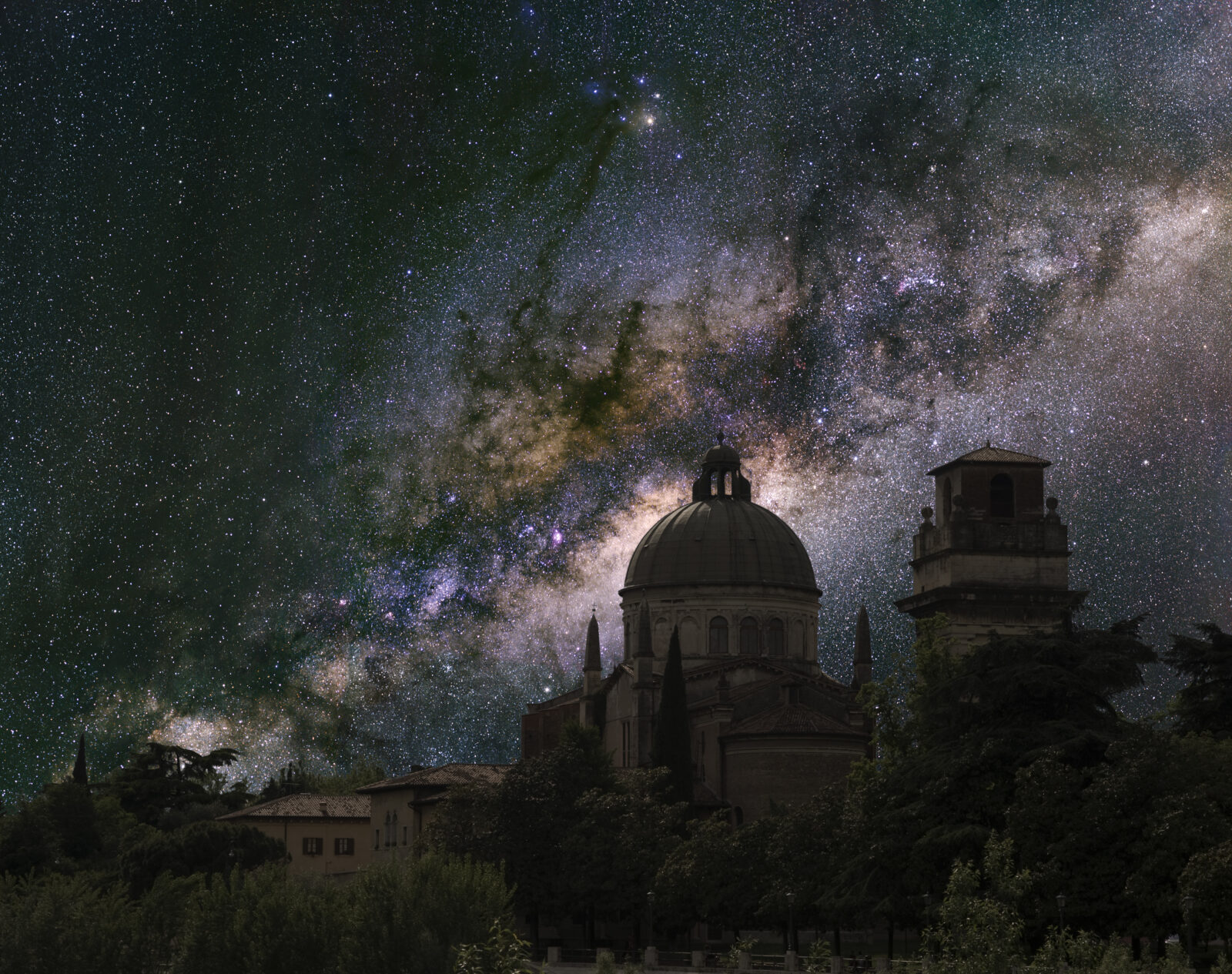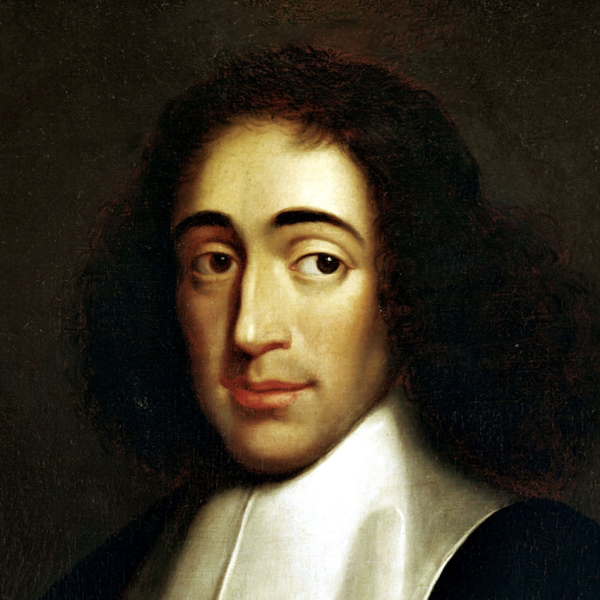


Jay Richards: Before Carl Sagan Said It, Science Debunked It
On today’s ID the Future, Privileged Planet co-author Jay W. Richards sits down with host Eric Anderson to discuss the gold rush of extrasolar planet discovery and how the Privileged Planet hypothesis has held up since 2004. Richards teases an anniversary edition of The Privileged Planet in the works, and he and Anderson discuss the statement that Carl Sagan is perhaps most famous for. Richards explains how science had already disproven the famous Sagan claim by the time the astronomer first uttered it to millions of viewers in his documentary series Cosmos.

New Cosmos Series Plumps for Pantheism, Distorts History
On this episode of ID the Future, host and philosopher Jay Richards interviews science historian Michael Keas about the National Geographic channel’s new Cosmos series with Neil DeGrasse Tyson. In the Cosmos episode under discussion, the 17th century philosopher Baruch Spinoza is presented as an early advocate for science.
Read More ›Kepler, Galileo, the Book of Nature, and the First Mathematician
On this episode of ID the Future, Andrew McDiarmid talks with science historian Michael Keas on pioneering mathematical astronomer Johannes Kepler, based on Keas’ new work from ISI Books, Unbelievable: 7 Myths About the History and Future of Science and Religion. Kepler studied theology before turning to math and science, and it was his belief in God that guided his extraordinary discoveries. “Without an architect who created the world,” he said, “there is no … power in mathematics to make anything material.” Scientists, in his view of God, were thinking the thoughts or ideas that God himself had thought any time they discovered some law or deep pattern in nature. Kepler is just one of a long list of great early scientists, including Galileo, who saw a “book” of God’s revelation in nature written in the language of mathematics. God designed the world for discovery, Kepler believed, and that conviction inspired his groundbreaking investigations.
Read More ›